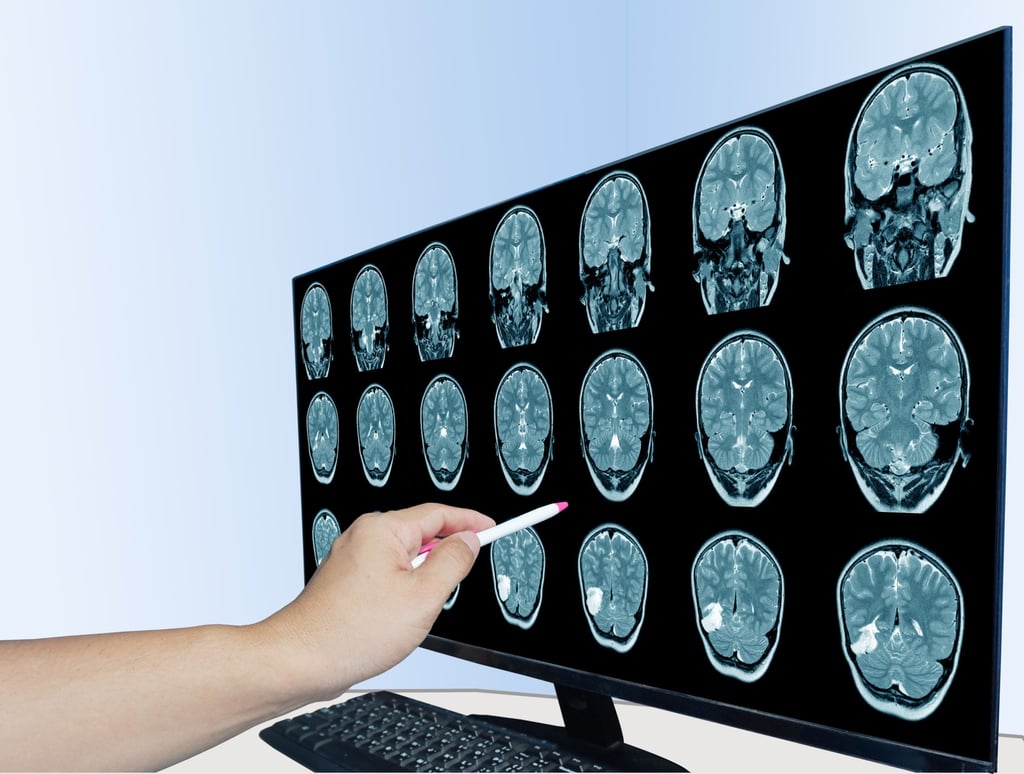Explainer | Aphasia: what it is, how it happens and how to help those suffering from it and related conditions
- Few people had heard of aphasia until Hollywood star Bruce Willis announced he was ending his acting career because of it
- June is Aphasia Awareness Month and an aphasia support group has tips for sufferers and their carers to help reopen the lines of communication

Stroke and brain injury manifest in several ways, sometimes obviously – in difficulty enunciating words or retrieving them in conversation – sometimes subtly.
My mother’s stroke left her with pure alexia (acquired reading impairment), one of the conditions that falls under the umbrella of aphasia. This condition typically affects language – speaking and listening. But it may also selectively impair reading, as with my mother, while leaving her speech unaffected.
There was no telltale slur to her voice when she had her stroke, just a telling frustration when she suddenly could not make sense of words on a page.
Aphasia’s definition, its causes, and celebrity cases

Anthony Kong Pak-hin, a professor of speech and language pathology at the University of Hong Kong, says aphasia is defined as “an acquired language disorder commonly caused by a left-hemispheric stroke or an injury to the brain regions responsible for language”.
“It can impair auditory comprehension, verbal expression, reading, and/or writing,” he says.
Aphasia can present peculiarly: my mother suffered damage in her left occipital lobe; she could write perfectly afterwards, but could no longer read.
Stroke is one of the most common causes of aphasia. Though the cause of actor Bruce Willis’ aphasia has not been revealed, stroke has been suggested. It can also result from brain injury, as it did with actress Sharon Stone, who suffered aphasia after a brain aneurysm 20 years ago, which continues to manifest as a stutter.